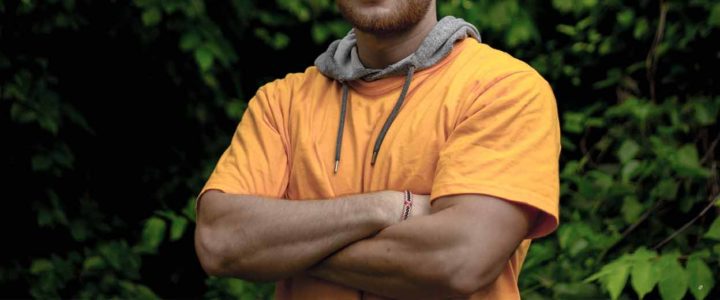Self-reflection is something that is important to all of us as it allows us a window into our own thoughts, actions, and intentions. It is necessary for our personal growth and development. Otherwise we would end up thinking, saying, and repeating actions that ultimately may not benefit us or those we care about.
When someone asks if you are a difficult person, what is your automatic response?
For most people, it might very well be that they say they are not difficult. This may even be true for the most part; but it could also be true that every person has specific situations or conditions that they are rigid, and uncompromising on. We see this often in politics and the positions people take. We also see this in arguments between people, or arguments between our loved ones where we may dig in our heels and become inflexible.
Even the most reasonable people can be unreasonable.
Everyone wants to be right, especially when emotions are at work. Our feelings are hurt, and our pride may be wounded. In such circumstances, we can become defensive, and it is this defensiveness that can make us overprotective of our own integrity. In a sense, rationality and reason go out the window as we try to protect our ego, pride, or apparent weaknesses.
While we might think we are reasonable, when triggered, we absolutely may become unreasonable and difficult to deal with. As this is often an automatic response to our triggers, it’s not always apparent that we are acting in a way that is opposed to how we see ourselves. It is our friends, colleagues, and family that has to deal with us, and put up with us.
While it is great that those close to us can forgive us for our unreasonable behaviour, it’s better that we’re able to self-reflect and ensure we can improve our own thought and actions so that it is more consistent with the way we see ourselves.
In counselling psychology, it is recognised that there are personalities that are more prone to being unreasonable. These may actually be personality disorders that need external help in dealing with, and may not even be apparent until you really know the person well. E.g. People with narcissistic personality disorder. While they may require counselling and therapy to deal with their particular disorder, for most of us, improving ourselves and how we treat others close to us is within reach.
We just first need to know how to look inside ourselves, and figure out who we are, how we think, and why we feel a certain way for certain things.
Join us at College of Allied Educators to learn how you can unlock your innermost self to find success and happiness.
DIPLOMA IN COUNSELLING PSYCHOLOGY
Diploma in Counselling Psychology (DCPSY) is a Skillsfuture claimable counselling course covering a range of conceptual and functional skills in counselling. It trains students to apply appropriate counselling psychology skills in different situations, and equips students with the ability to work effectively as a counsellor.
ADVANCED DIPLOMA IN COUNSELLING PSYCHOLOGY
Advanced Diploma in Counselling Psychology (ADICP) is a Skillsfuture claimable counselling course and trains students to apply appropriate counselling skills in different situations while understanding their underlying theories. The ADICP programme introduces students to the nature of psychology and relates it to the theories and concepts of counselling. Students move on to explore themselves in order to promote personal growth and self-awareness, acquiring the key attributes of a competent counselor and the proper methods of applying those skills.
For a FREE COURSE PREVIEW
CALL US at 6533-0031 EMAIL your enquiry to ENQUIRY@ICAE.EDU.SG
or Register for your free preview below:

